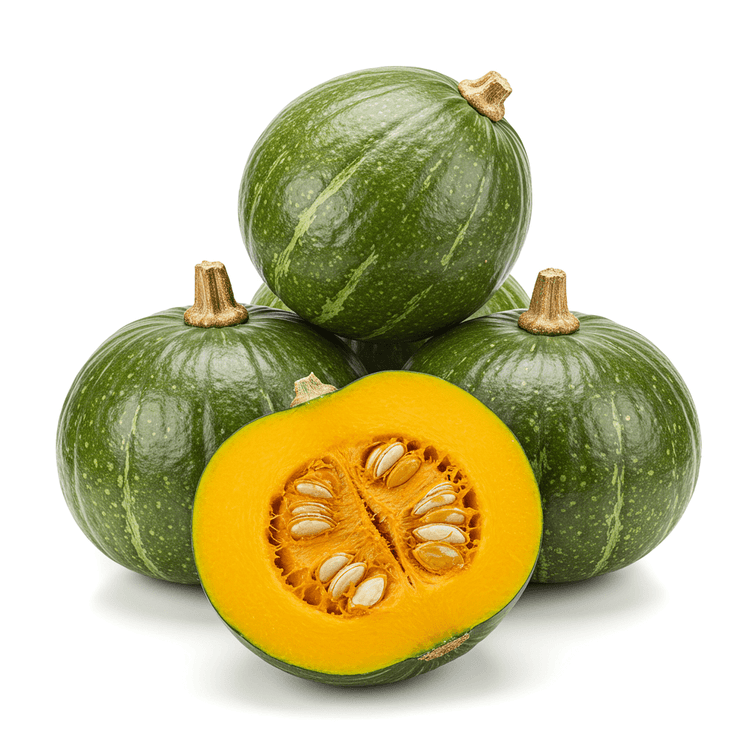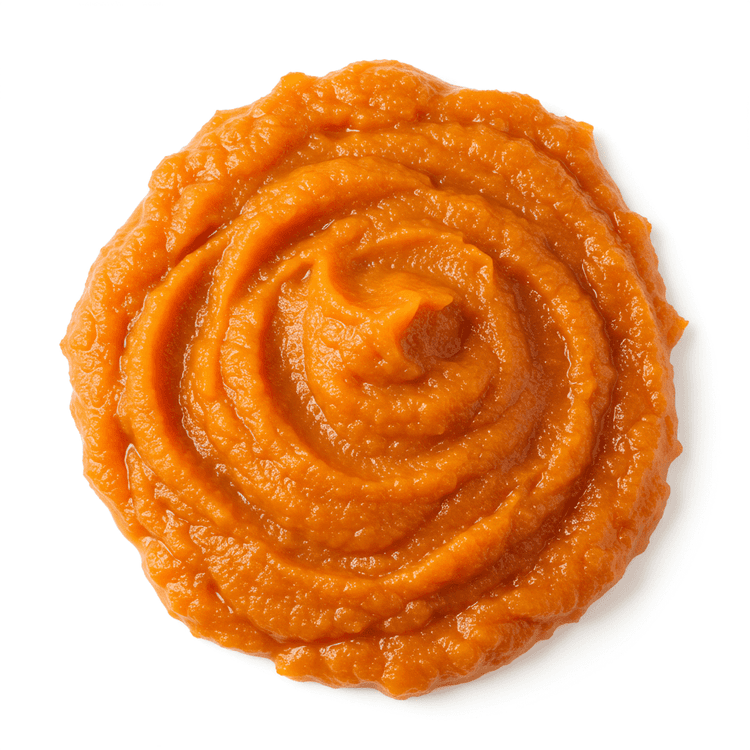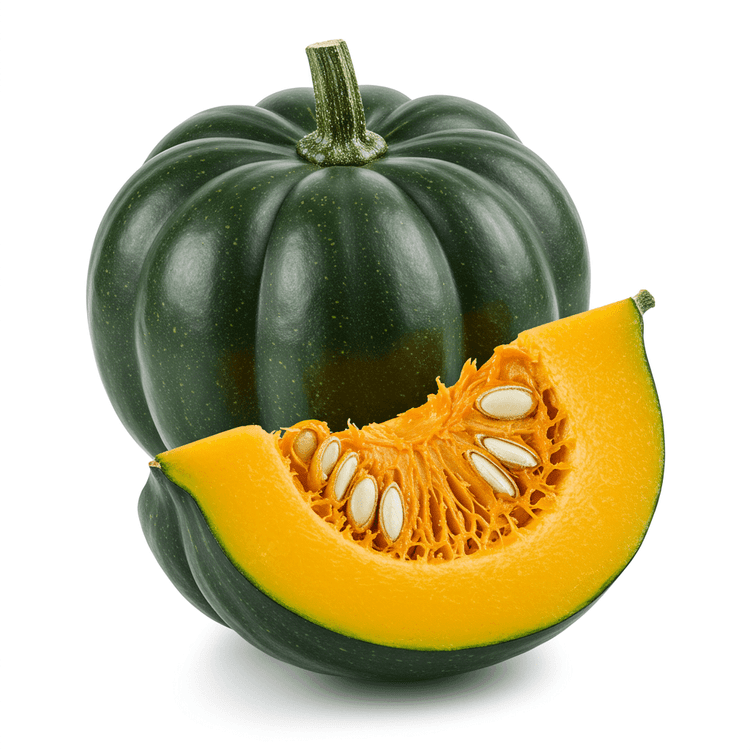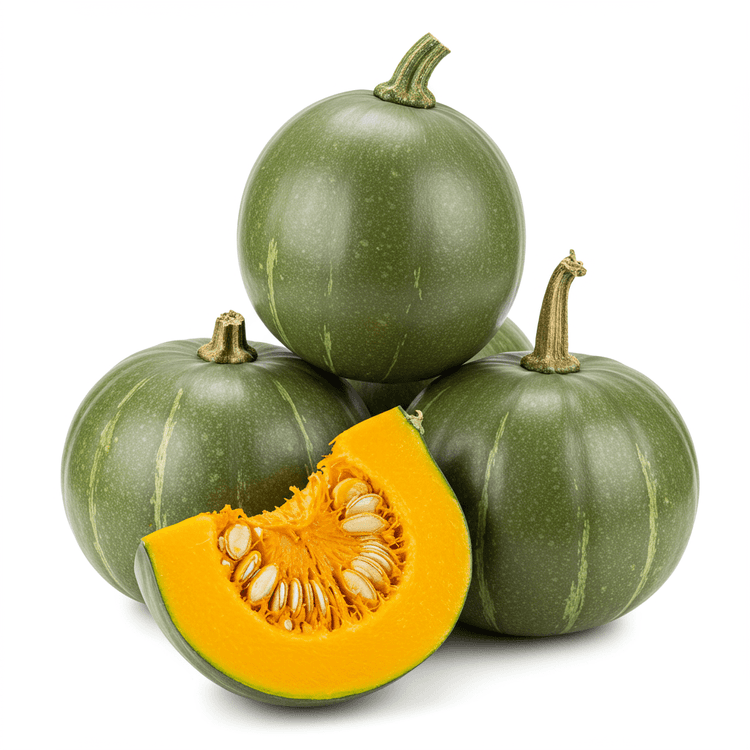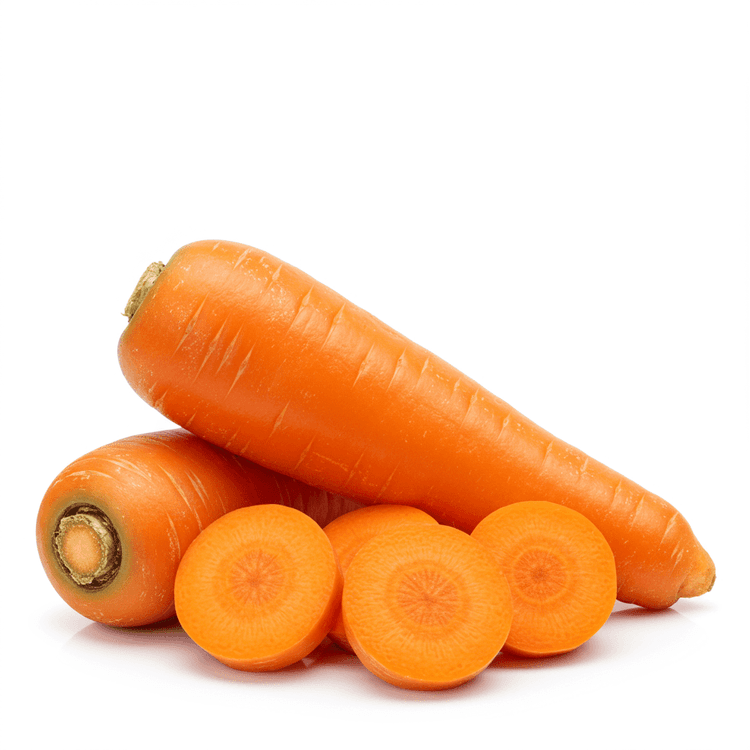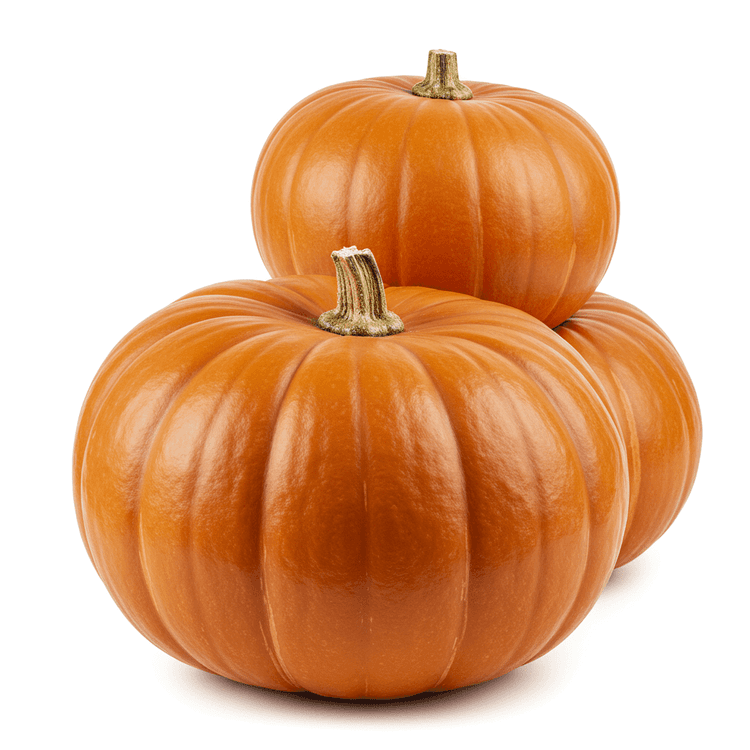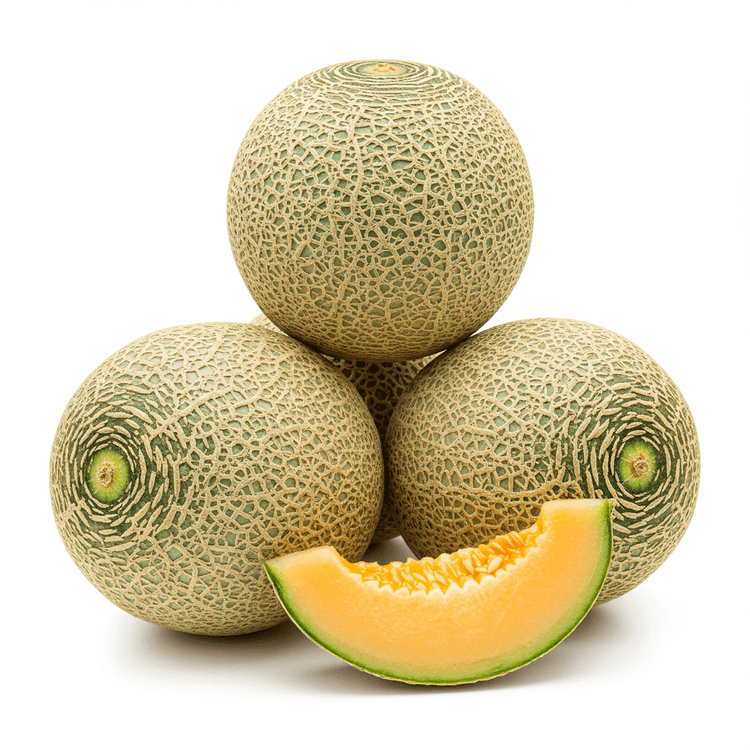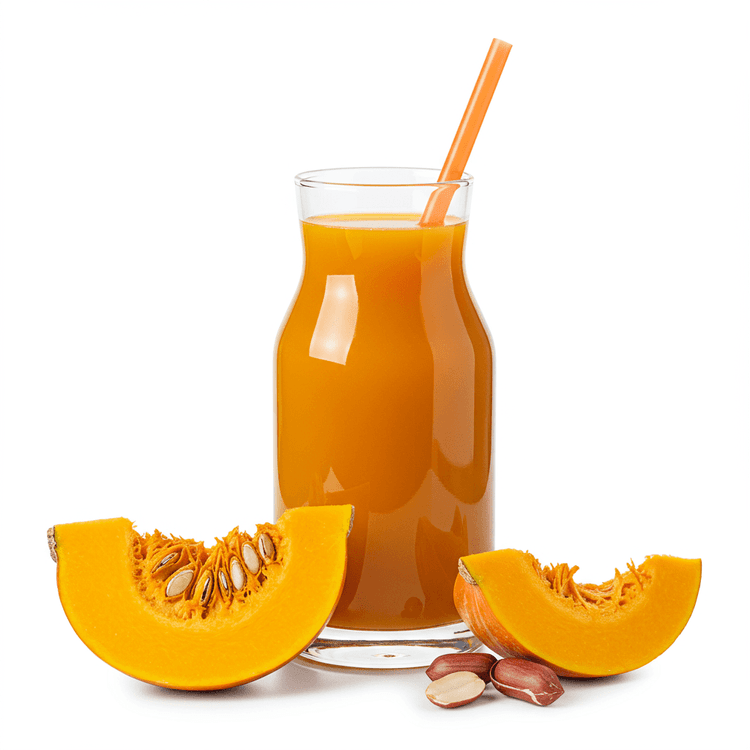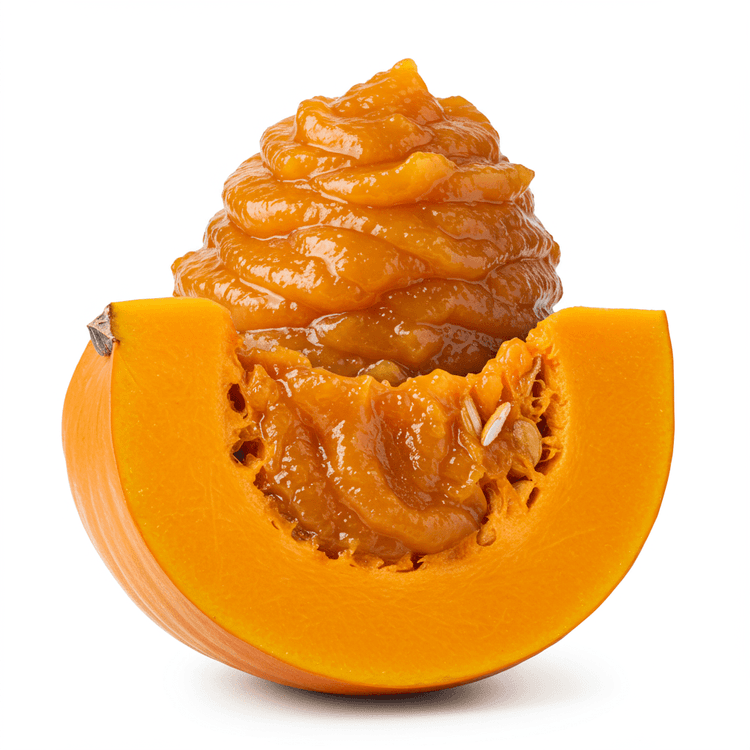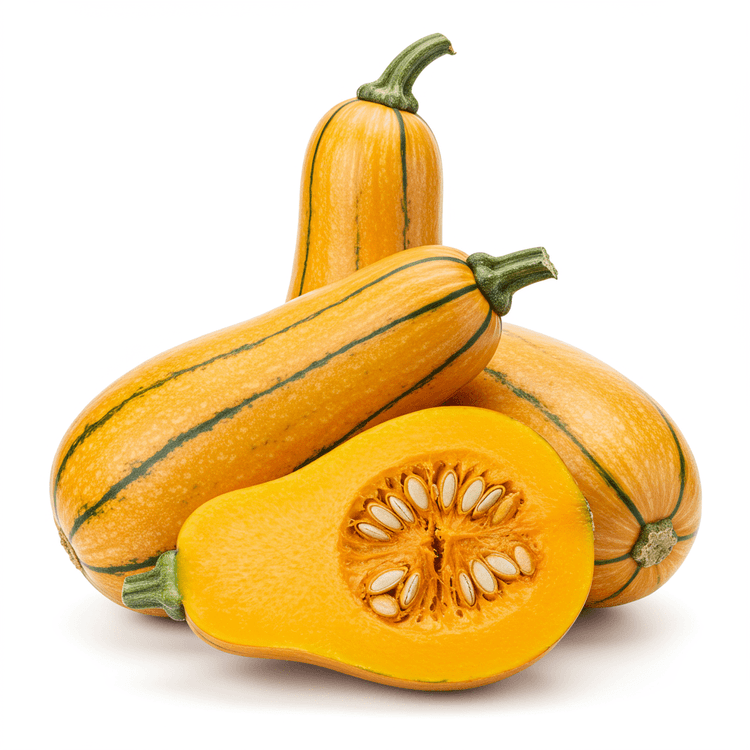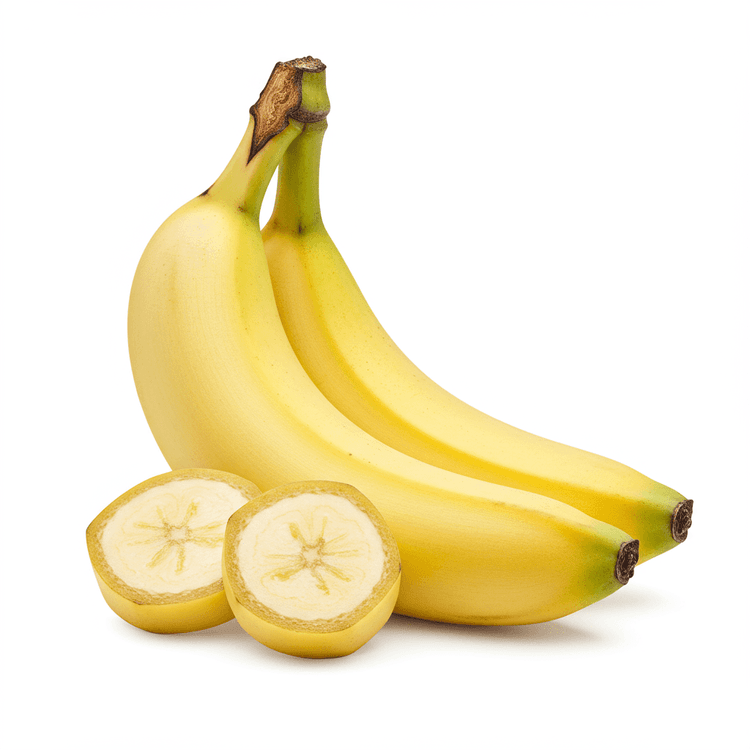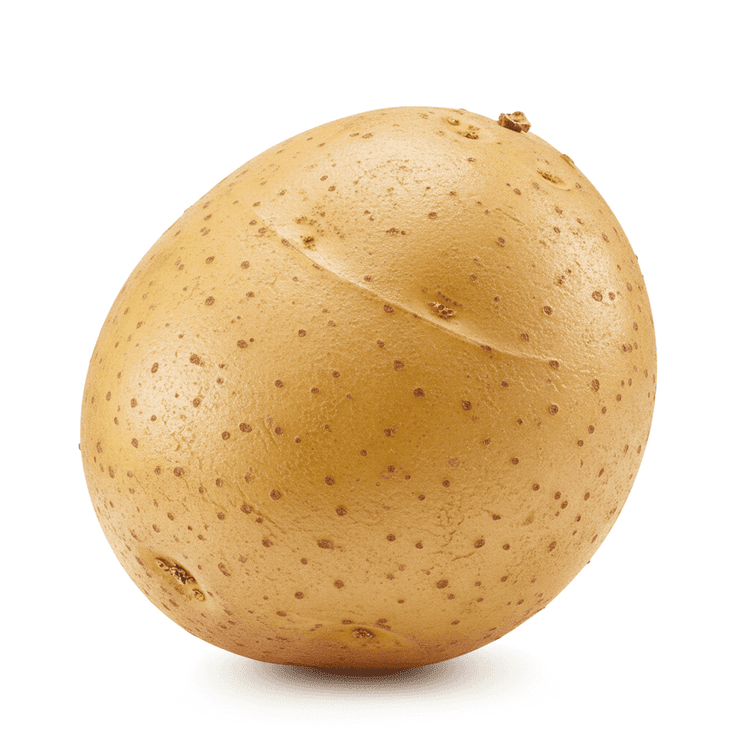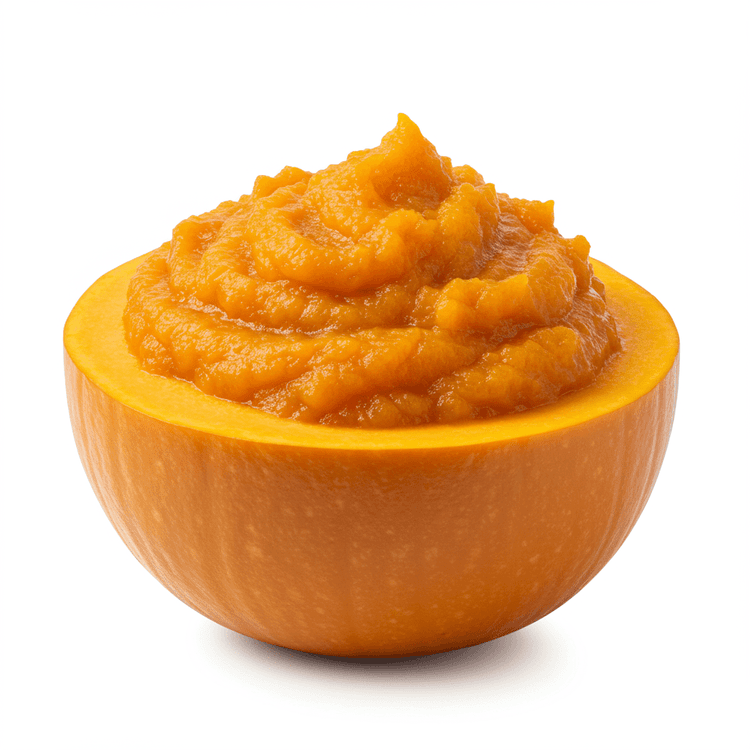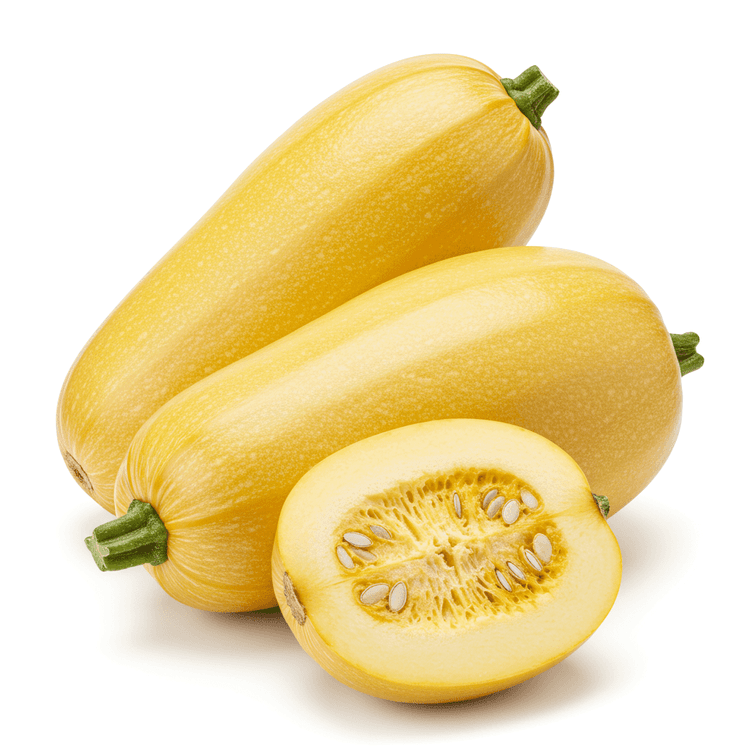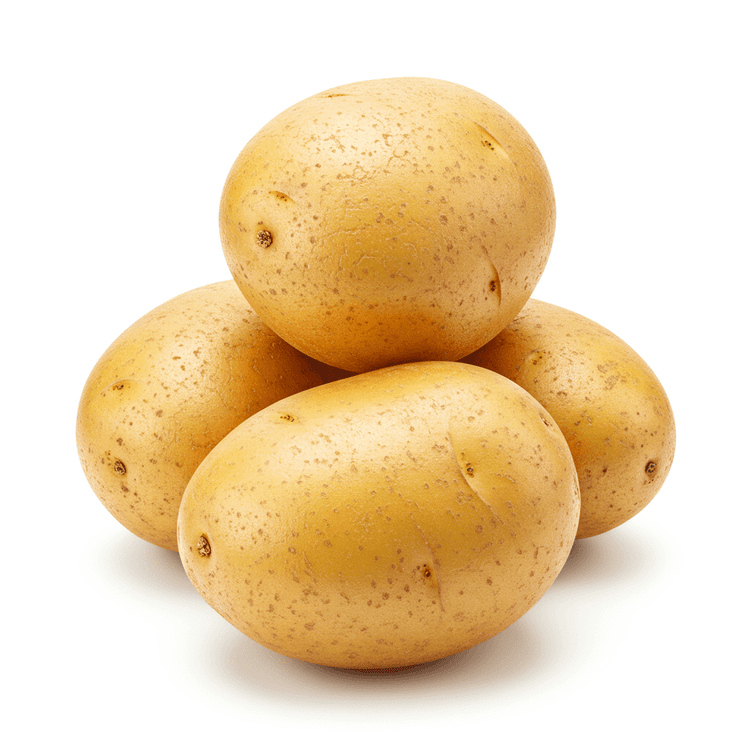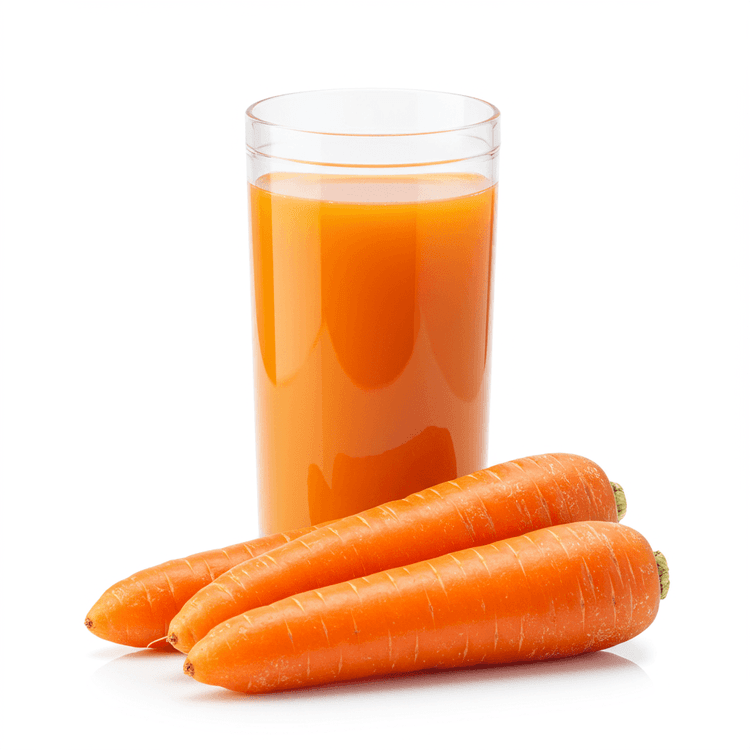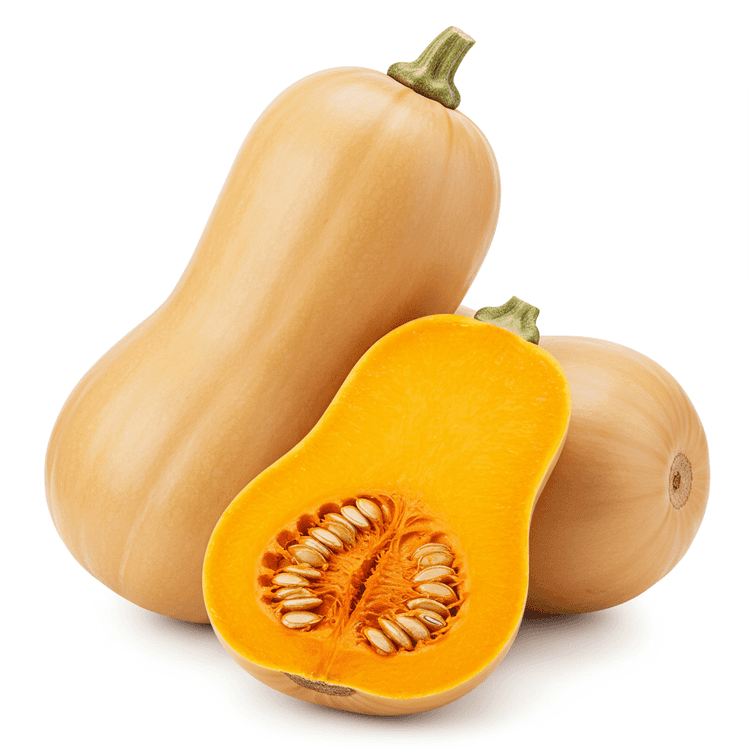
Butternut Squash
Butternut squash is a versatile winter squash with a sweet, nutty flavor and a smooth, creamy texture when cooked. Its pale orange skin encases vibrant orange flesh that becomes tender and slightly caramelized when roasted. This nutrient-dense ingredient is rich in vitamins A and C, making it a popular choice for healthy, hearty meals. Butternut squash is a staple in fall and winter recipes, offering a subtly sweet taste that pairs well with savory spices like cinnamon, nutmeg, and sage.
Common Uses
- Roast butternut squash with olive oil, salt, and pepper for a caramelized side dish or salad topping.
- Blend cooked butternut squash into soups for a creamy, velvety texture without the need for cream.
- Use mashed butternut squash as a filling for ravioli or as a base for gnocchi.
- Dice and add it to stews, curries, or chili for a sweet and hearty addition.
- Puree it to create a flavorful sauce for pasta or as a base for casseroles.
- Bake it into desserts like muffins, pies, or quick breads for a naturally sweet flavor and moist texture.
Nutrition (per serving)
Nutrition (per serving)
Calories
45.0kcal (2.25%)
Protein
1.0g (2%)
Carbs
11.7g (4.25%)
Sugars
2.2g (4.4%)
Healthy Fat
0.1g
Unhealthy Fat
0.0g
% Daily Value based on a 2000 calorie diet
Nutrition (per serving)
Calories
45.0kcal (2.25%)
Protein
1.0g (2%)
Carbs
11.7g (4.25%)
Sugars
2.2g (4.4%)
Healthy Fat
0.1g
Unhealthy Fat
0.0g
% Daily Value based on a 2000 calorie diet
Health Benefits
- Rich in vitamins A and C, supporting immune health and skin vitality.
- High in dietary fiber, promoting healthy digestion and a feeling of fullness.
- Contains antioxidants that may help reduce inflammation in the body.
- Naturally sweet and creamy, making it a versatile ingredient in both savory and sweet dishes.
- Low in calories but nutrient-dense, making it a great choice for weight-conscious diets.
- Provides a good source of potassium, which supports heart and muscle health.
Substitutes
Chefadora AI is here.
Experience smarter, stress-free cooking.
Storage Tips
Store whole butternut squash in a cool, dark, and dry place, such as a pantry or cellar, where it can last for up to 1-2 months. Once cut, wrap the pieces tightly in plastic wrap or place them in an airtight container and refrigerate for up to 5-7 days. For longer storage, you can peel, cube, and freeze the squash in a freezer-safe bag or container for up to 6 months.
Marnirni-apinthi Building, Lot Fourteen,
North Terrace, Adelaide, South Australia, 5000
Australia
